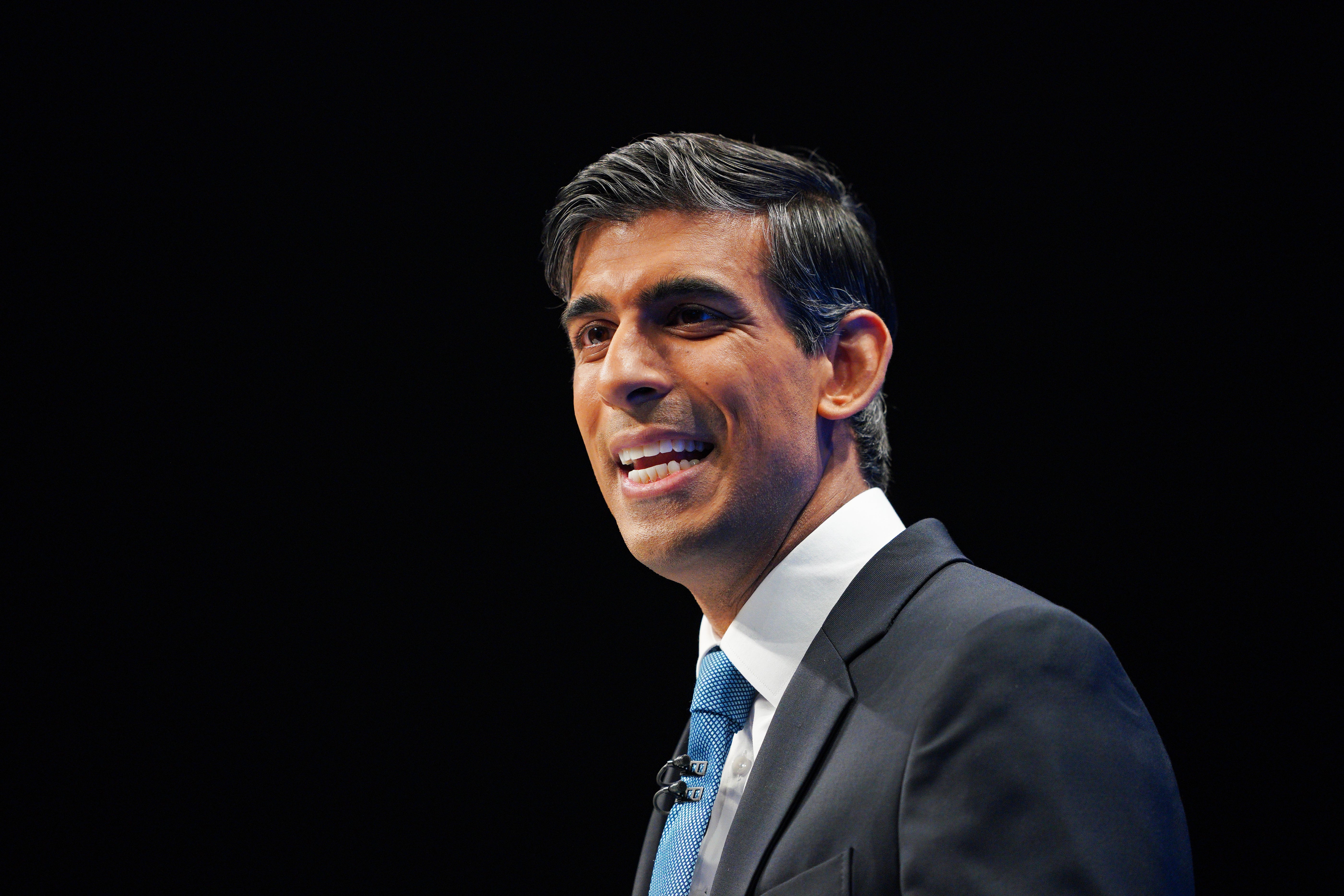Reported plan for 2p pre-election cut in income tax ‘indefensible’, says expert
Treasury sources insist no decisions yet made in review of levies ordered by Rishi Sunak

Your support helps us to tell the story
From reproductive rights to climate change to Big Tech, The Independent is on the ground when the story is developing. Whether it's investigating the financials of Elon Musk's pro-Trump PAC or producing our latest documentary, 'The A Word', which shines a light on the American women fighting for reproductive rights, we know how important it is to parse out the facts from the messaging.
At such a critical moment in US history, we need reporters on the ground. Your donation allows us to keep sending journalists to speak to both sides of the story.
The Independent is trusted by Americans across the entire political spectrum. And unlike many other quality news outlets, we choose not to lock Americans out of our reporting and analysis with paywalls. We believe quality journalism should be available to everyone, paid for by those who can afford it.
Your support makes all the difference.A pre-election income tax cut reportedly being planned by chancellor Rishi Sunak would disproportionately benefit the wealthy, experts have said.
In an apparent bid to shake off his reputation as a high-tax, high-spend chancellor who has raised the burden to its highest sustained level since the 1950s, Mr Sunak has ordered Treasury officials to draw up options for cutting levies including income tax, VAT and inheritance tax ahead of the election expected in 2024.
Treasury sources today insisted that work was at an “exploratory” stage and no preferred options had yet been selected, playing down reports in The Times that the chancellor is considering reducing the 20p basic rate of income tax by 2p and scrapping the 45p upper rate altogether.
One option being examined is understood to be a 1p cut in the basic rate of income tax in both 2023 and 2024 as a sweetener to 31 million voters liable for the tax in the run-up to the general election.
A leading economic think tank said it would be “indefensible” for Mr Sunak to target income tax for cuts so soon after hiking national insurance on employees and employers by a total of 2.5 per cent to raise £12bn for the NHS and social care.
National insurance contributions (NICs) are paid by workers earning little more than £9,500 a year but a lower rate is paid on earnings over £50,000 and income from shares or rent is exempt, meaning the rise – taking effect from next year – falls most heavily on lower-income groups.
But a 2p cut in the basic rate of income tax delivers the greatest benefit, of around £754 a year, to those on salaries of £50,000 or more, compared to £176 for those earning around £30,000. And removing the upper 45p band would help only those earning £150,000 a year or above, to the tune of £2,500 for salaries of £200,000 or £17,500 for an income of £500,000.
Meanwhile, any increase in the threshold for inheritance tax would benefit those inheriting estates with a value of £325,000 or more, or higher if it involves property left to children.
Describing a focus on cutting income tax as “indefensible” the director of the Institute for Fiscal Studies, Paul Johnson, said: “To introduce the health and social care levy, which essentially only affects workers, then to cut income tax, which also benefits people who receive their income from rent, occupational pensions and other holdings, discriminates in favour of the wealthy.”
Mr Sunak’s NICs rise is forecast to bring the level of taxation as a proportion of national income to around 35 per cent in 2023-24, its highest level since 1950 except for a brief period in 1969-70.
But in his October Budget, the chancellor declared that it was his “mission” to reduce the burden, telling MPs: “By the end of this parliament, I want taxes to be going down not up.”
He has set aside a massive £14.7bn cushion which could be splashed out on tax cuts if it is not swallowed up by the cost of dealing with future upsurges in the coronavirus pandemic.
A Treasury spokesperson said: “We keep the tax system under constant review. And as the chancellor made clear at the Budget, by the end of this parliament we want taxes to be going down not up.
“We do not comment on speculation about specific tax changes.”
But a Labour spokesperson said: “The chancellor is about to impose the highest tax burden on working people in 70 years, but has no plan to grow the economy and improve living standards.
“Labour will get the economy firing on all cylinders through our plan to buy, make and sell more in Britain, creating jobs and growth in all parts of the country.”
Join our commenting forum
Join thought-provoking conversations, follow other Independent readers and see their replies
Comments